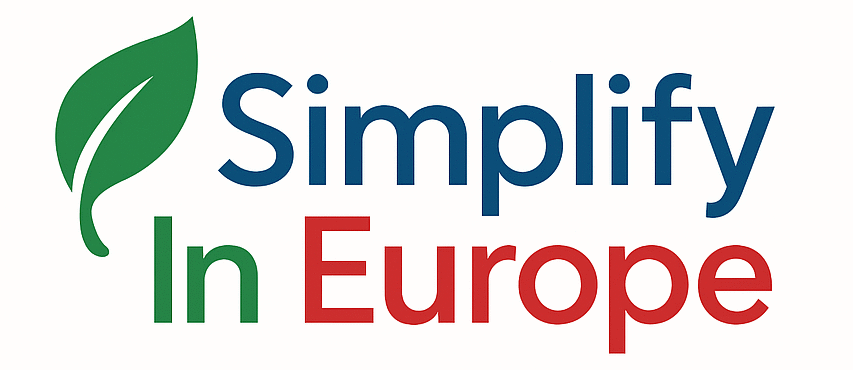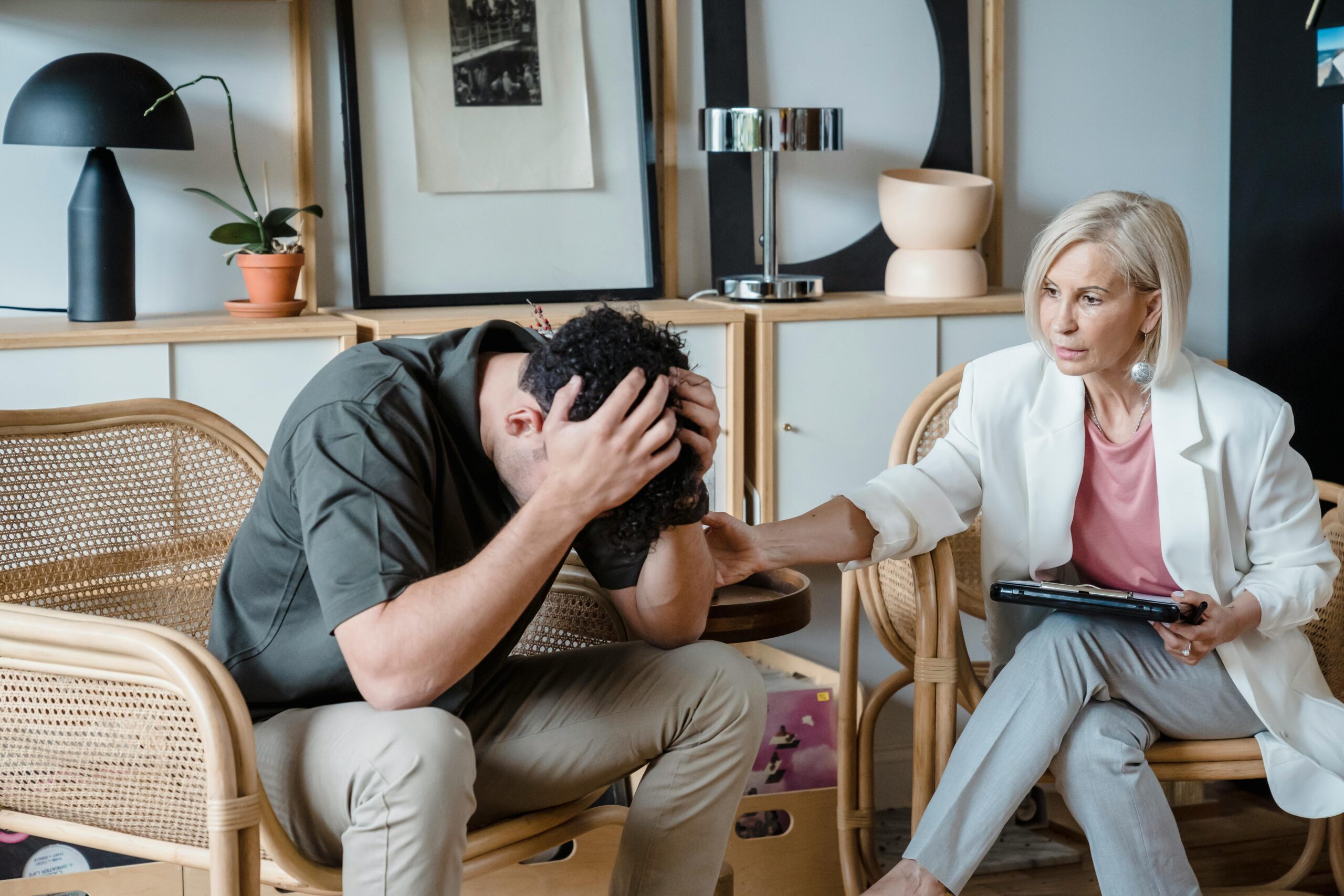Introduction
It was a cold February morning in Vienna when Jakob realized he hadn’t smiled in weeks. He sat by the tram window, watching the gray sky pass by, his body present but his heart numb. He had friends, a stable job, and even a warm apartment. Yet, inside, something was broken.
This isn’t just Jakob’s story. It’s a quiet story repeated every day across Europe. A teacher in Milan. A mother in Warsaw. A teenager in Dublin. Mental health is becoming one of the most important topics of our time—not just in hospitals or clinics, but in our homes, schools, and streets.
Mental health in Europe is no longer just a concern for the sick. It’s a conversation that involves everyone.
The Hidden Struggles in Everyday Life
Mental health issues often start small. A restless night. A skipped meal. A forgotten call. People brush it off, thinking it’s just stress. But slowly, it grows. Days turn into weeks. Smiles become rare. Hobbies fade. Work becomes heavy. Sleep feels like an escape.
For many, it becomes impossible to explain what’s wrong. There’s no visible wound. But inside, something hurts deeply.
In Madrid, a young man named Diego started losing interest in his photography. His hands, once steady and sure, now shook with anxiety. In Athens, Maria stopped visiting her friends. She felt like she had nothing to say, nothing to offer. Her friends didn’t notice at first. They thought she was just busy. That’s how silence wins.
The Weight of Silence
One of the biggest challenges with mental health in Europe is silence. People feel they must hide their pain. Many fear being judged or labeled. They fear losing their job, their friends, or their respect.
This silence can last for months or even years. People learn to fake smiles. They work harder, hoping to bury the feelings. But it doesn’t work. Silence never heals. It only hides the wound.
In a small village in Slovenia, a father of three finally spoke up after nearly a decade of silent suffering. “I thought I had to be strong,” he said. “But real strength was asking for help.”
The Changing Culture Around Mental Health
Thankfully, things are starting to change. Across Europe, the conversation around mental health is growing louder. More people are speaking out. Celebrities, athletes, and even politicians are sharing their stories.
Schools now teach emotional awareness. Employers are offering mental wellness programs. Cities are adding quiet spaces in parks and libraries for relaxation and reflection.
In Berlin, train stations display posters that say, “You’re not alone.” In Paris, phone booths have been converted into listening rooms with mental health hotlines. These small changes are building a bigger movement—a culture of care.
Real Stories from Real People
Let’s talk about Anna, a nurse in Copenhagen. The pandemic pushed her beyond her limits. She saw pain, death, and fear every day. At first, she managed. But slowly, she felt empty. After work, she cried in her car. One day, she stayed in bed and couldn’t get up.
Her healing journey started with one phone call to a counselor. It wasn’t easy. But day by day, she returned to herself. She started journaling. Then therapy. Then long walks in the woods. Now, she leads workshops on emotional strength for other healthcare workers.
Or take Leandro, a university student in Lisbon. He always felt like he didn’t belong. He laughed at jokes that made him uncomfortable. He studied hard but felt disconnected. His anxiety turned into panic attacks.
One night, after a manic episode, he reached out to an online therapy group. That moment changed his life. He met people who understood. Who listened without trying to fix him. Who made him feel seen? These are not just stories. These are lifelines. They remind us that no one is truly alone.
The Role of Therapy and Counseling
Therapy has come a long way in Europe. What was once considered taboo is now accepted—even encouraged. In Sweden, therapy is integrated into public healthcare. In the Netherlands, universities offer free mental health consultations. In Estonia, online therapy is making help accessible to rural communities. Counseling offers more than advice. It offers space—a quiet, non-judgmental space where people can explore their feelings. Different types of therapy exist now. Talk therapy. Cognitive behavioral therapy (CBT). Art therapy. Nature therapy. Even animal-assisted therapy. What matters most is connection. When someone feels heard, healing begins.
The Power of Connection and Community
Sometimes, the most powerful therapy isn’t in a clinic. It’s in a kitchen with a friend. On a park bench. At a community center. In Budapest, a local café started weekly “Feel Nights,” where people come and share how they’re feeling. No advice. Just listening. These nights have saved lives. In Dublin, a knitting group became a support circle. In Lisbon, a surfing club invites people with anxiety to join weekend sea sessions. The water calms the mind. The group lifts the soul.
Humans heal through connection. We need each other.
Digital Healing: Mental Health in the Tech Age
Not everyone can access in-person support. For them, the digital world offers new hope. Mental health apps are growing across Europe. Apps like Mindler, Headspace, and Sanvello offer therapy, meditation, and tracking tools. Social media, when used carefully, also helps. Pages that share honest, raw experiences create spaces of support.
Hashtags like #MentalHealthMatters and #YouAreNotAlone connect thousands daily. In some parts of Europe, chat-based therapy is already covered by health insurance. Virtual care is no longer the future—it’s the now.
Workplace Wellness: Mental Health at the Job
Mental health doesn’t pause at the office door. Many Europeans spend over 40 hours a week at work. If the environment is toxic or stressful, the mind suffers. Progressive companies now offer “mental health days.” Others bring in therapists or mindfulness coaches. In Helsinki, one tech company has a “silent room” where workers can meditate or rest. In Paris, another firm offers monthly mental check-ins. This shift shows that mental health isn’t personal—it’s professional. A healthy employee means better work, happier teams, and fewer sick days.
The Future: A Europe That Cares
Where is all of this going?
Europe is waking up to the truth: emotional well-being is the foundation of a healthy society. Governments are slowly increasing funding. Schools are building curriculums around resilience. Communities are coming together. The future looks more empathetic. It looks more human. But change is slow. It takes continued effort. It takes more voices. More stories.
A Personal Message to the Reader
If you’re reading this and feel something heavy inside—please know, it’s okay. You’re not broken. You’re not a failure. You’re human. Your story matters. Your pain matters. You are worthy of love, care, and peace. Talk to someone. A friend. A stranger. A therapist. Start with one word: “help. You’re not alone. Across Europe, others are walking the same road. Some are a few steps ahead. Some are just starting. But all are moving toward light.
And you can too.
Conclusion: The Quiet Revolution
Mental health in Europe isn’t just a medical concern. It’s a social one. An emotional one. A human one. It’s a quiet revolution—one whisper, one tear, one story at a time. Jakob, Anna, Leandro… and maybe you. All part of something bigger. A movement toward truth, connection, and healing. Let this article be a sign: that change is happening. And hope is alive. You belong in a Europe that listens. You belong in a life that heals. And you belong in a world that cares.


Leave a Reply